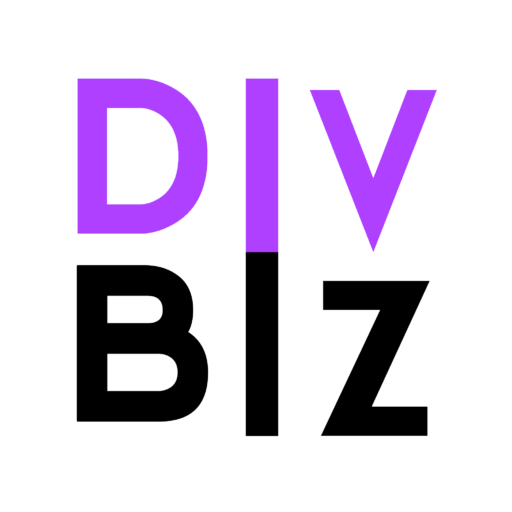You Shall Not Pass...
We're Updating for Something Even Better
The Divergent Business site is currently under maintenance. We’re optimizing systems, polishing pixels, and making sure everything supports your brain’s way of working.
🧠 Thanks for your patience – this update is designed for neurodivergent creators like you.
We'll be back shortly. ✨
